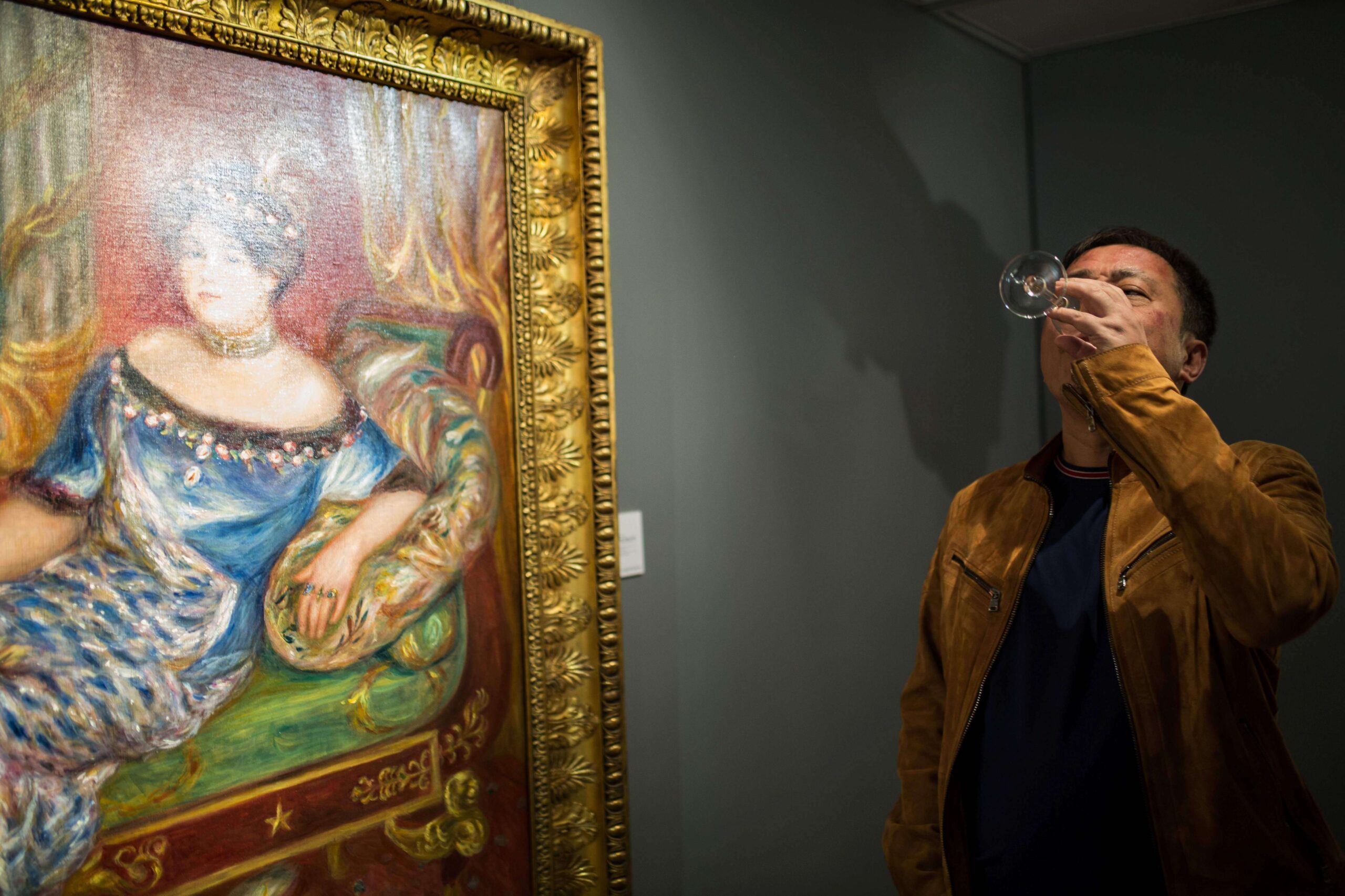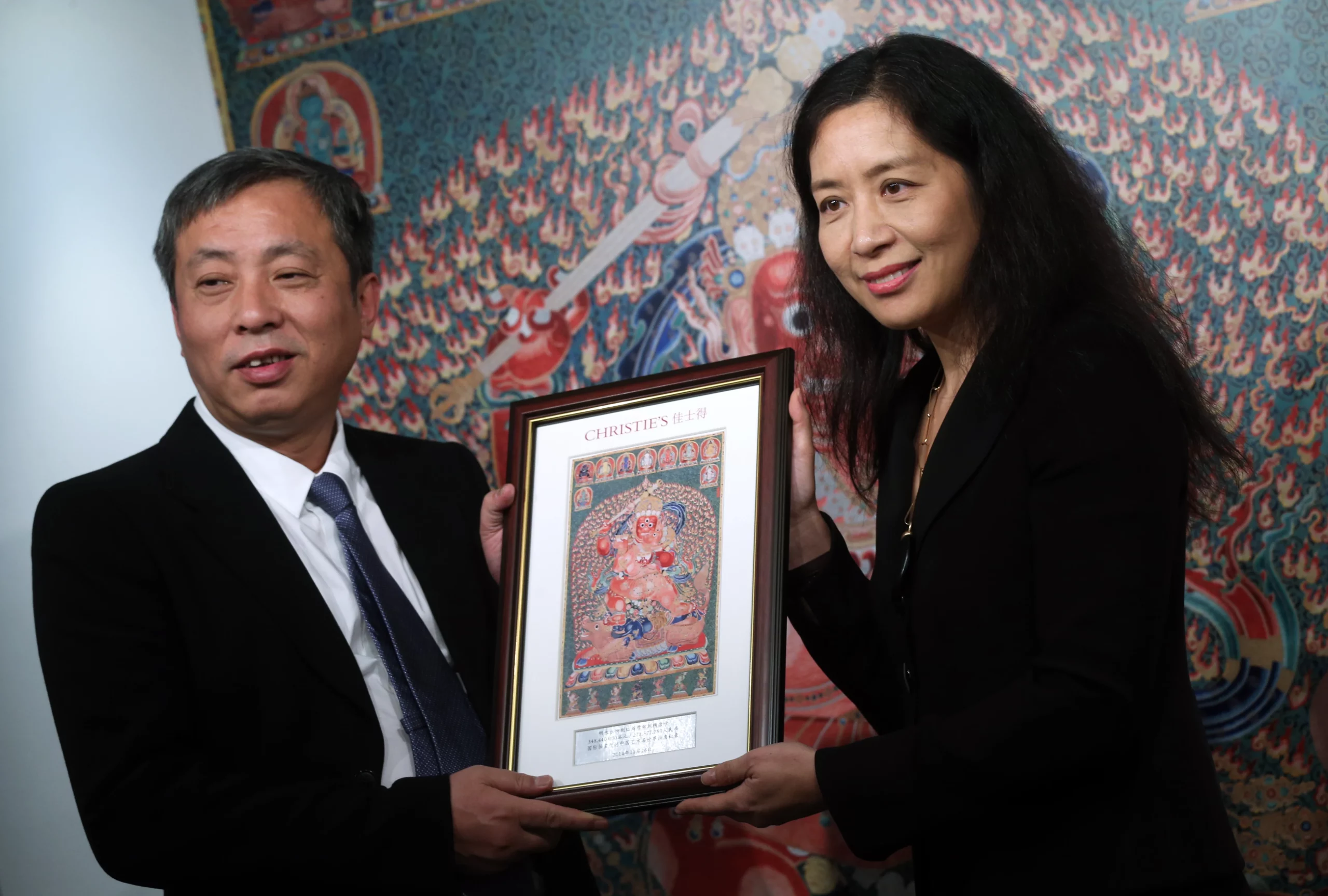Back in 2014, something big happened in China’s art scene. have you ever heard aboth The Lost Art? A man named Liu Yiqian, who used to drive a taxi in Shanghai, became a billionaire. How? By swiping his American Express Centurion card 24 times to buy a tea cup from the Ming dynasty. This cup, known as the Meiyintang ‘Chicken Cup,’ is more than 500 years old and has chickens pecking at their feed painted on it. Costing a whopping $36 million, it became the “holy grail” of Chinese art.
The Lost Art: A Former Taxi Driver Makes History

Imagine a former taxi driver becoming a billionaire art collector. Liu Yiqian’s story is just that. He knew he was making history when he bought the ancient tea cup. In a bold move, he even drank tea from it in front of the media at Sotheby’s auction house in Hong Kong. This moment marked a turning point in the art world: China was now a major player.
China’s Art Market Boom
In 2006, China only had 5 percent of the world’s art market. Fast forward to 2011, and things changed dramatically. The country’s art market was booming, and collectors like Liu Yiqian were making headlines worldwide. China had officially arrived on the art scene.
The Lost Art: Closing Museums: A Puzzling Trend?
But hold on – why are some of China’s museums closing? It seems strange, right? Museums are supposed to preserve and showcase art, not shut down. Let’s dig into this puzzling trend.
The Lost Art: Gutting Museums: What’s Happening?
Some of China’s museums are not only closing but also being gutted of their art. That means the precious pieces they held are disappearing. It’s like someone taking the heart out of a city – the art and culture are vanishing. Why is this happening?
The Lost Art: The Money Game
One reason is money. The art world can be a big game of dollars and cents. With the rise of China’s economy, billionaires like Liu Yiqian are willing to spend millions on art pieces. This creates a demand for ancient and valuable artworks, sometimes leading to museums selling their treasures to the highest bidder.
Modernizing Museums
Another factor is the desire to modernize. Some argue that closing and renovating museums is a way to keep up with the changing times. It’s like giving a museum a fresh coat of paint – making it more appealing to visitors in the digital age.
Conclusion: A Changing Art Landscape
In the midst of all this change, China’s art scene is evolving. From former taxi drivers becoming art moguls to museums transforming or closing, it’s clear that the landscape is shifting. What will the future hold for China’s rich artistic history? Only time will tell, but for now, it’s a story of money, modernization, and the ever-changing world of art.
